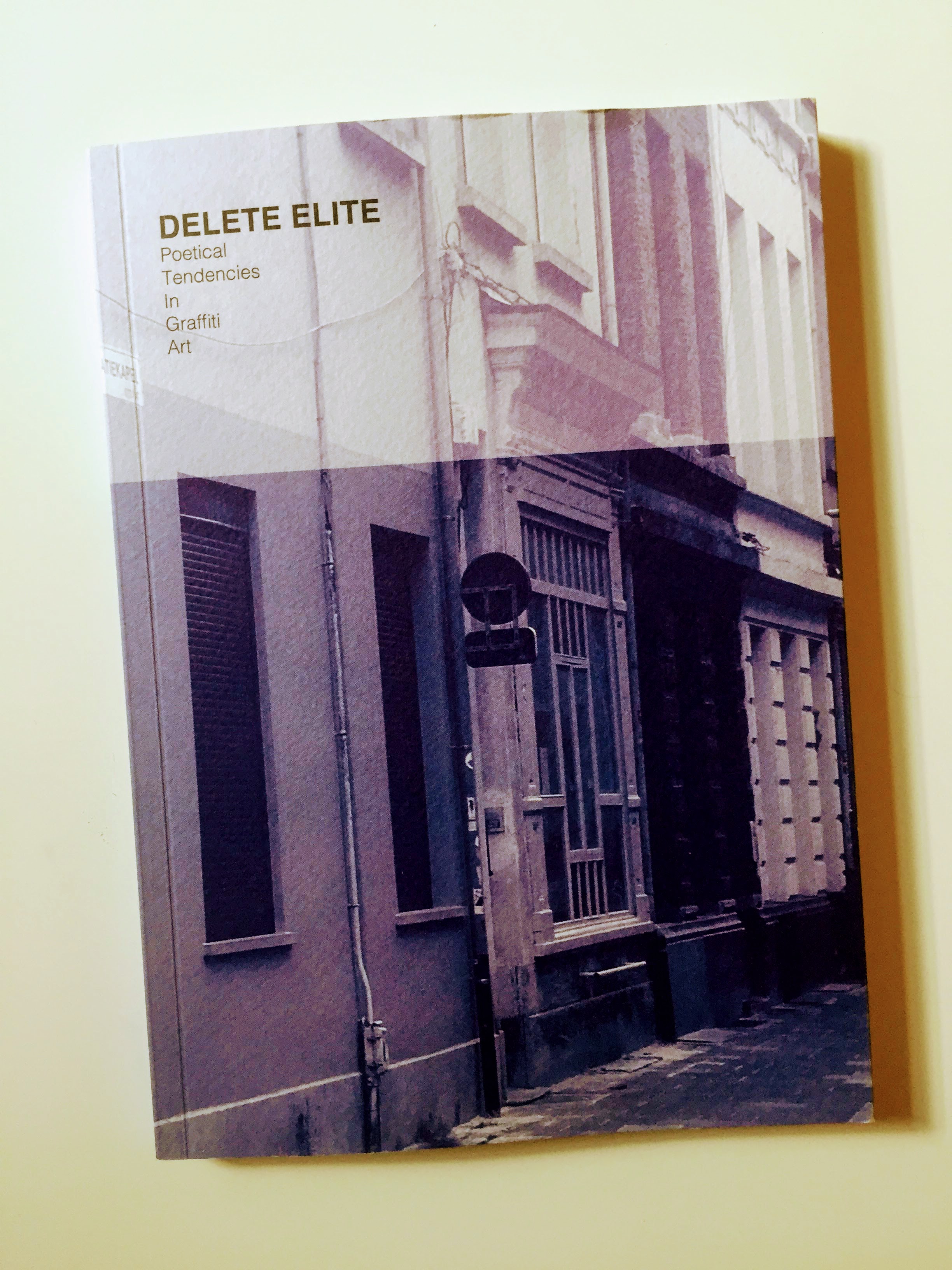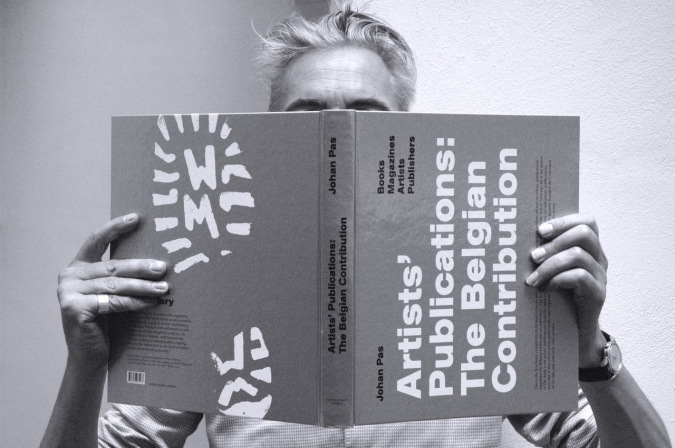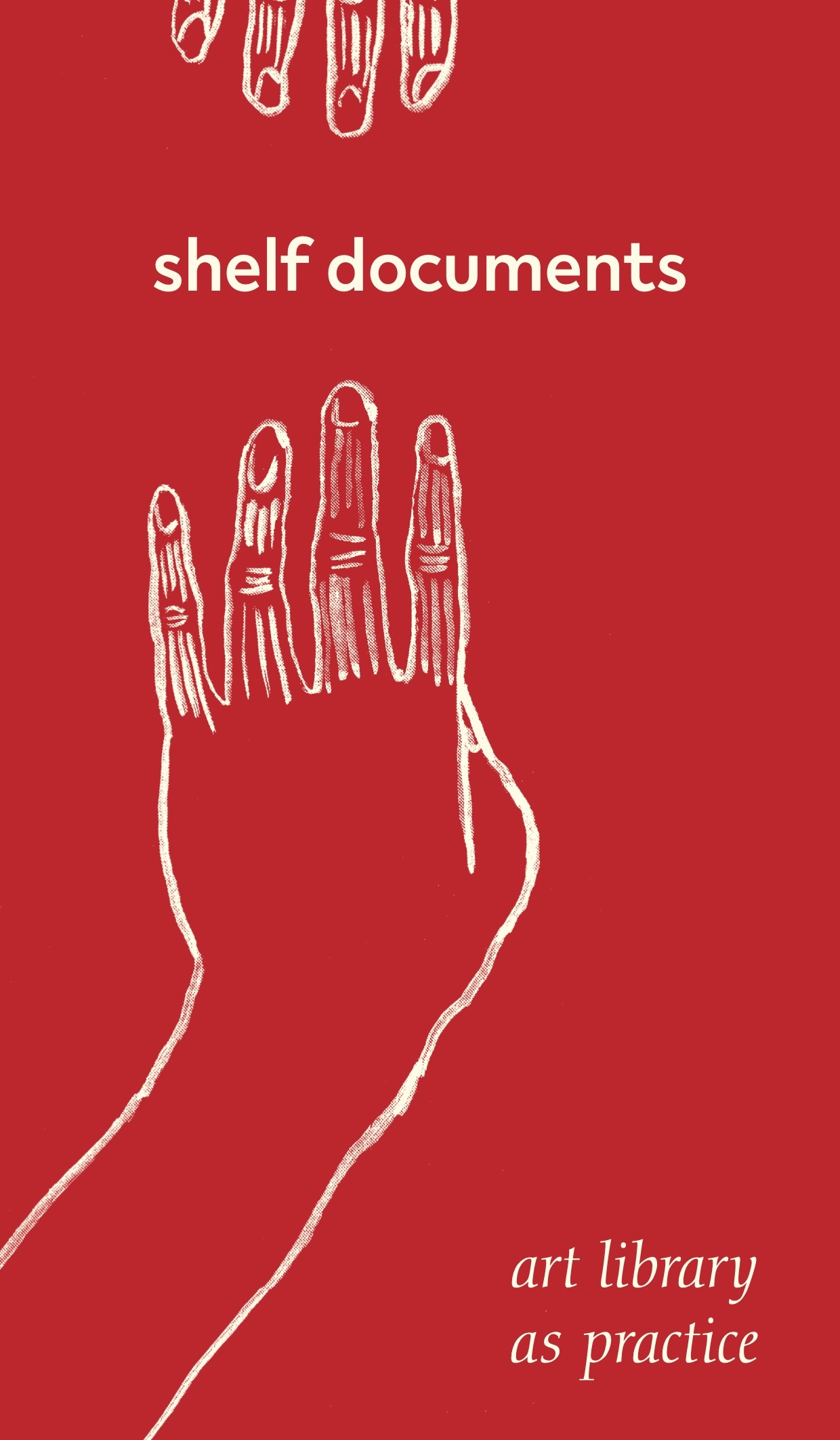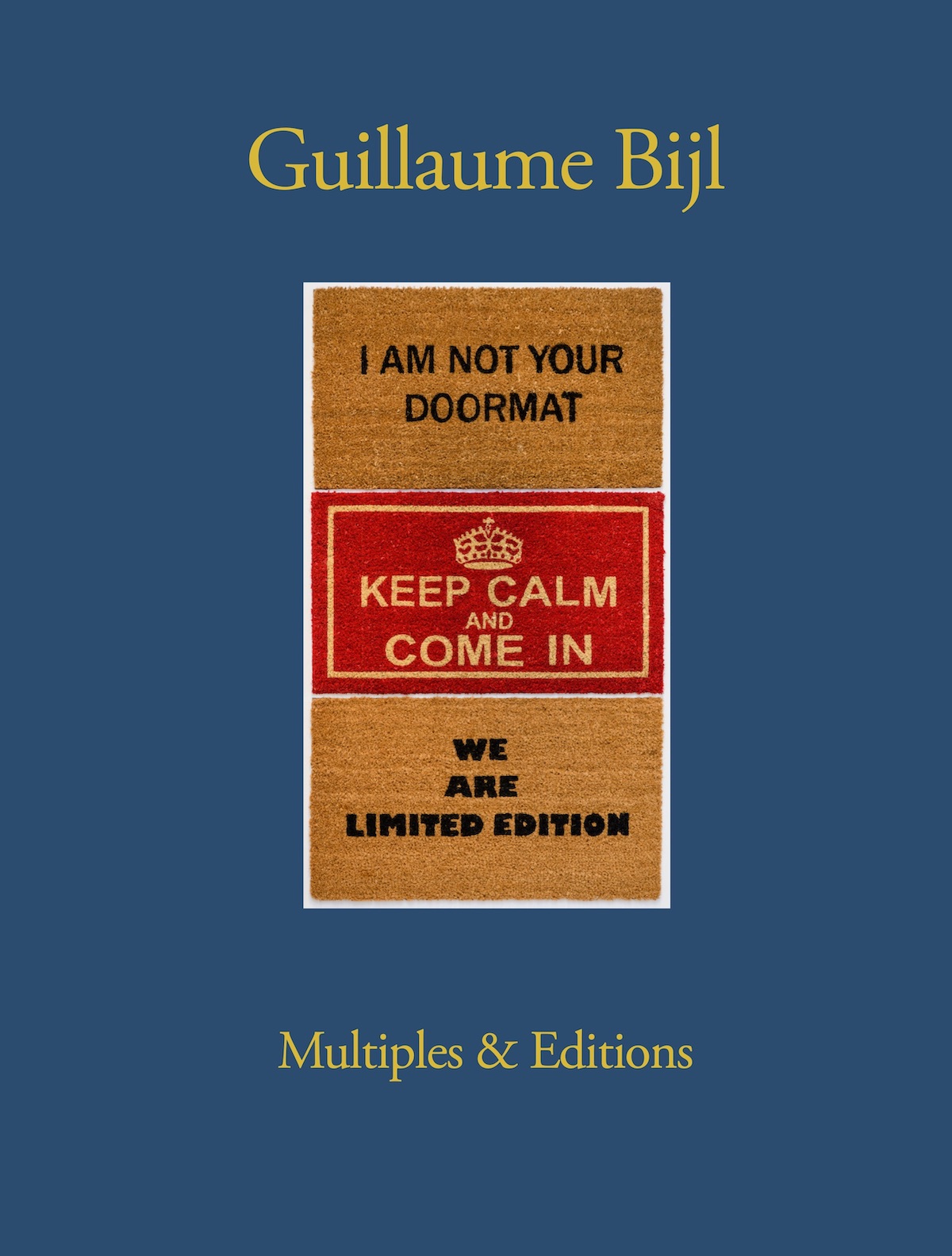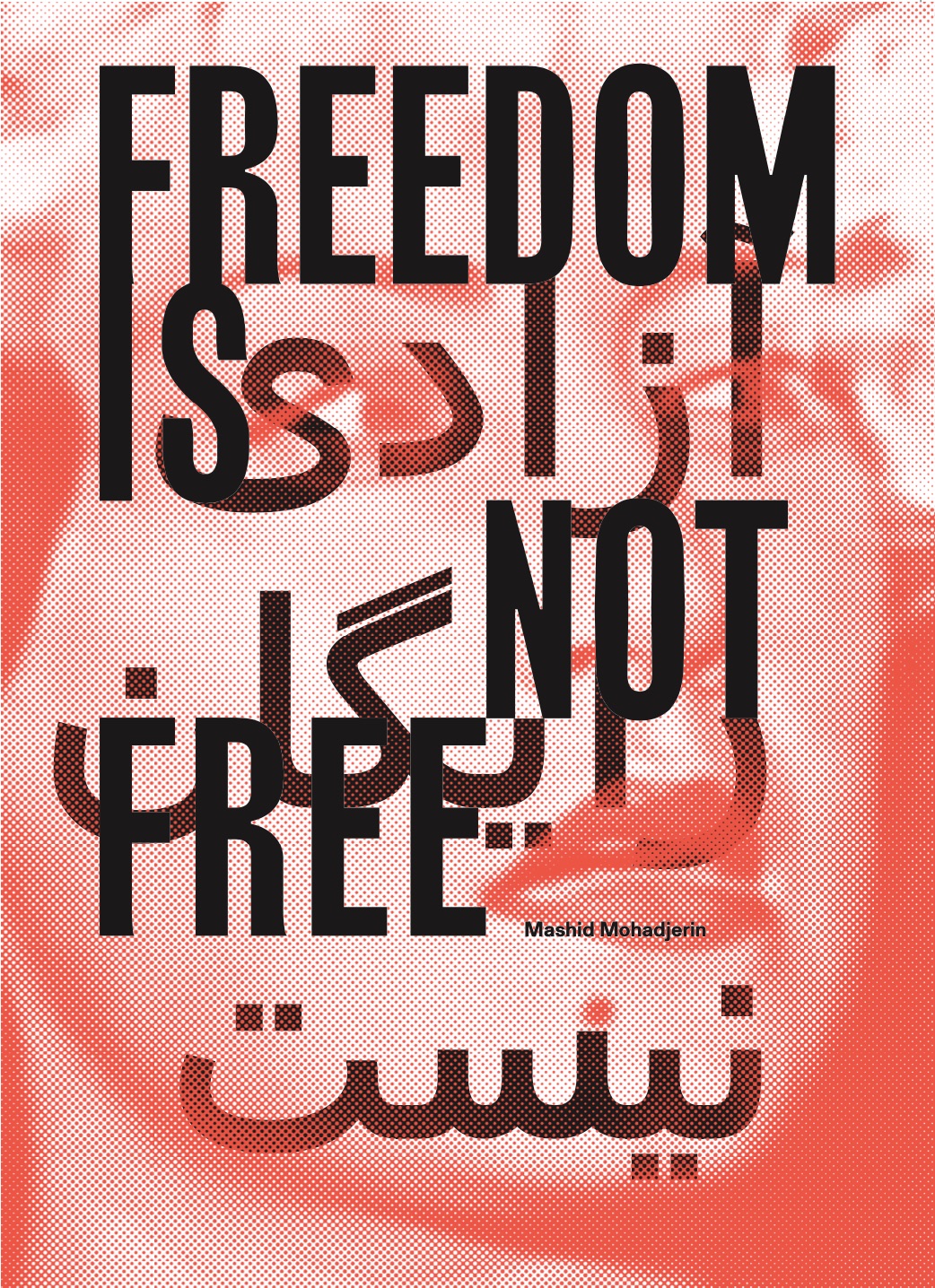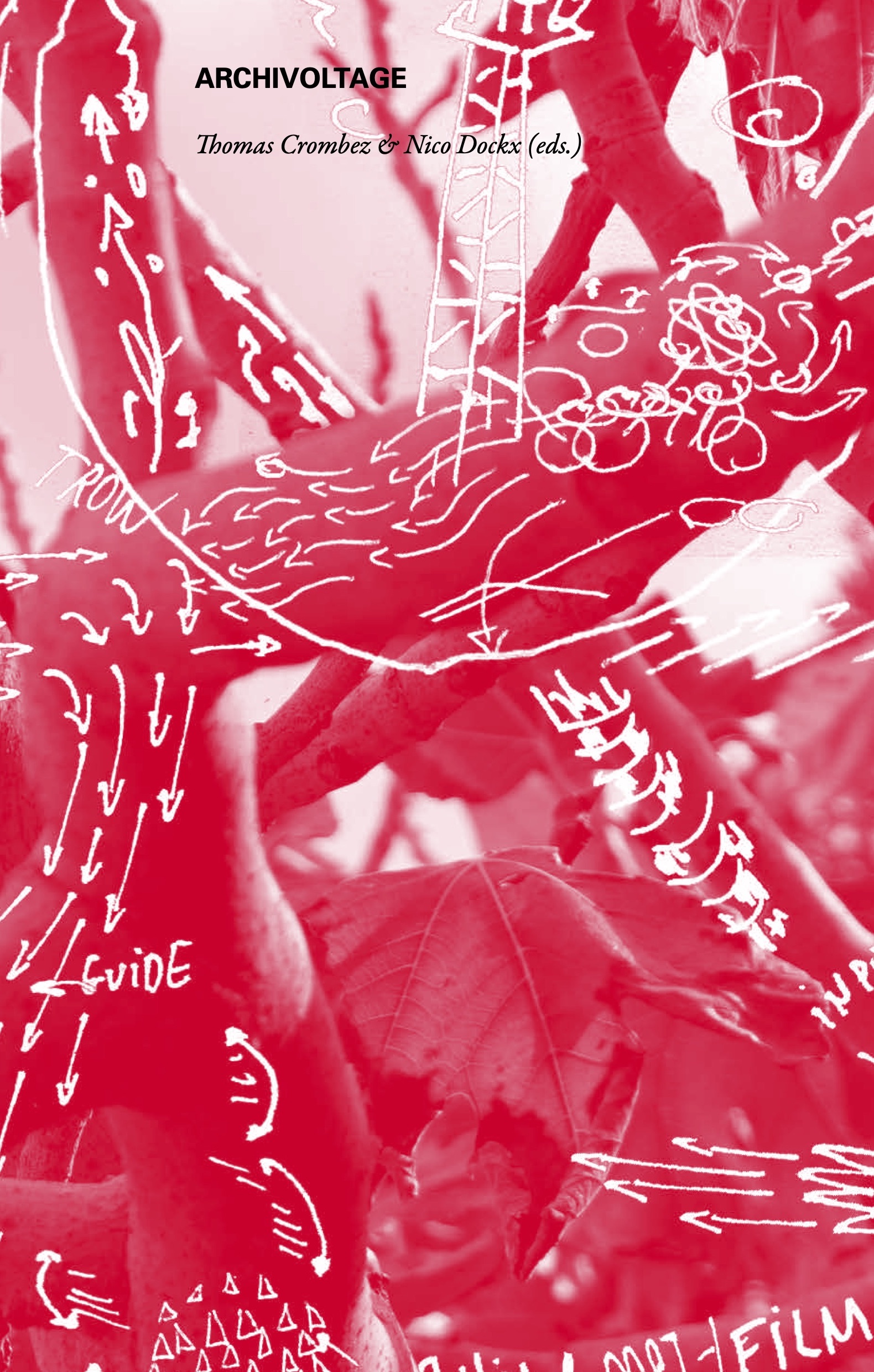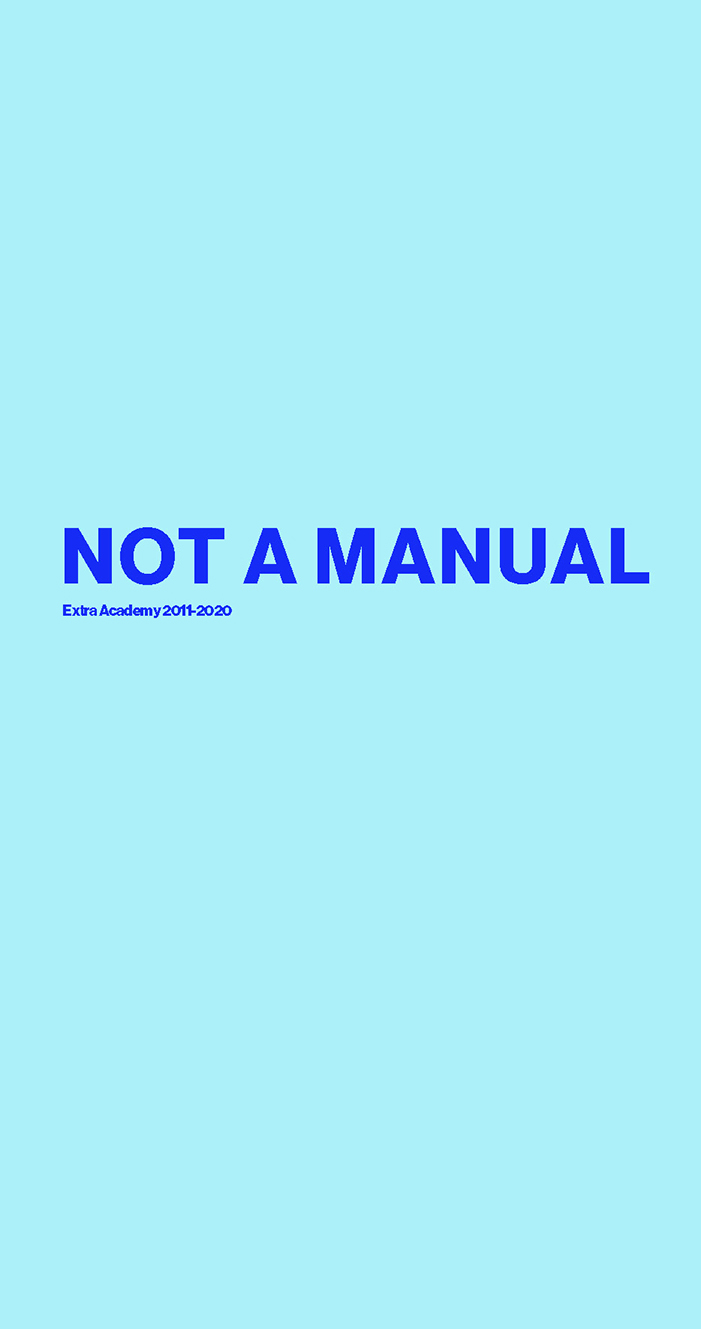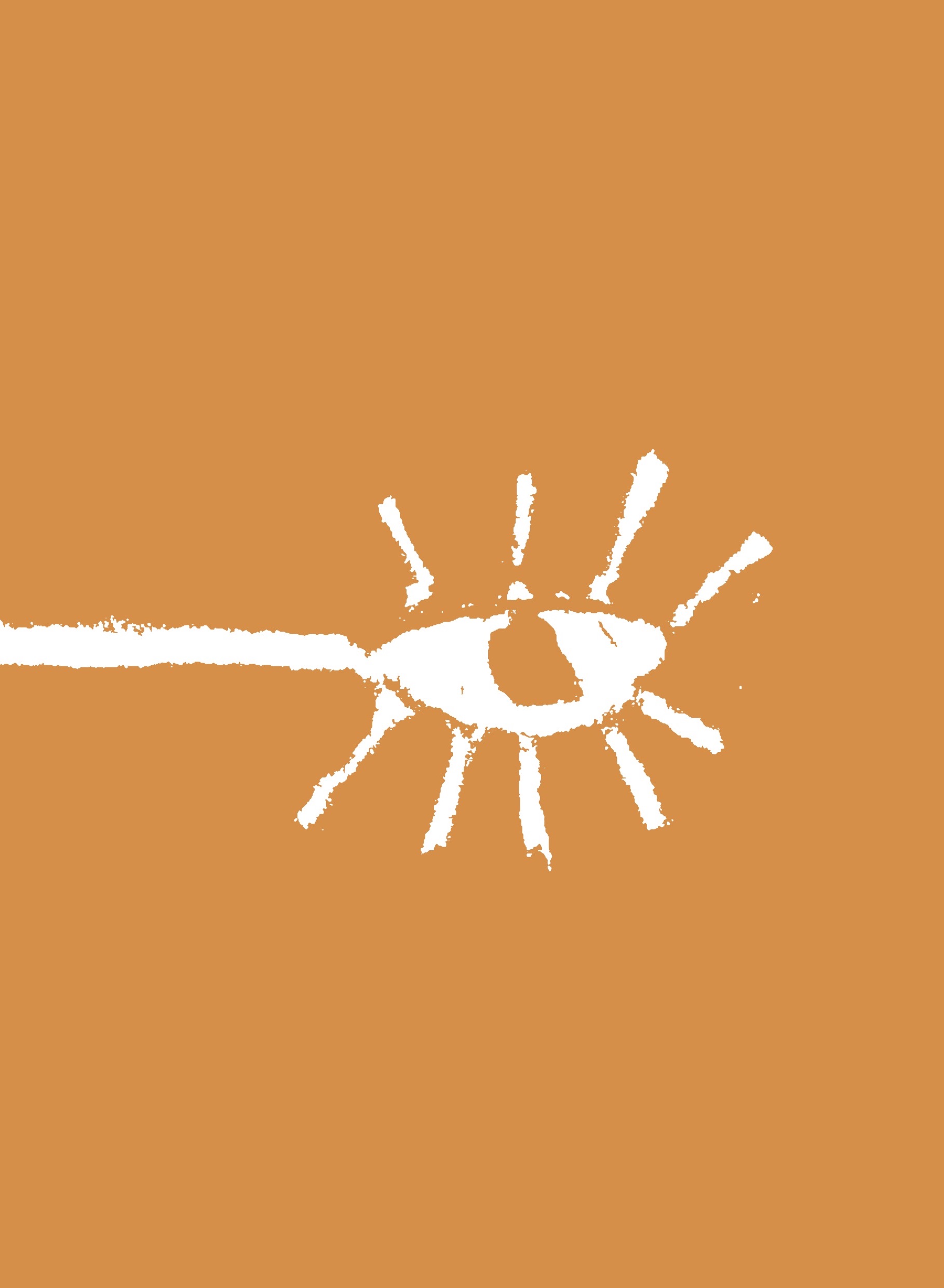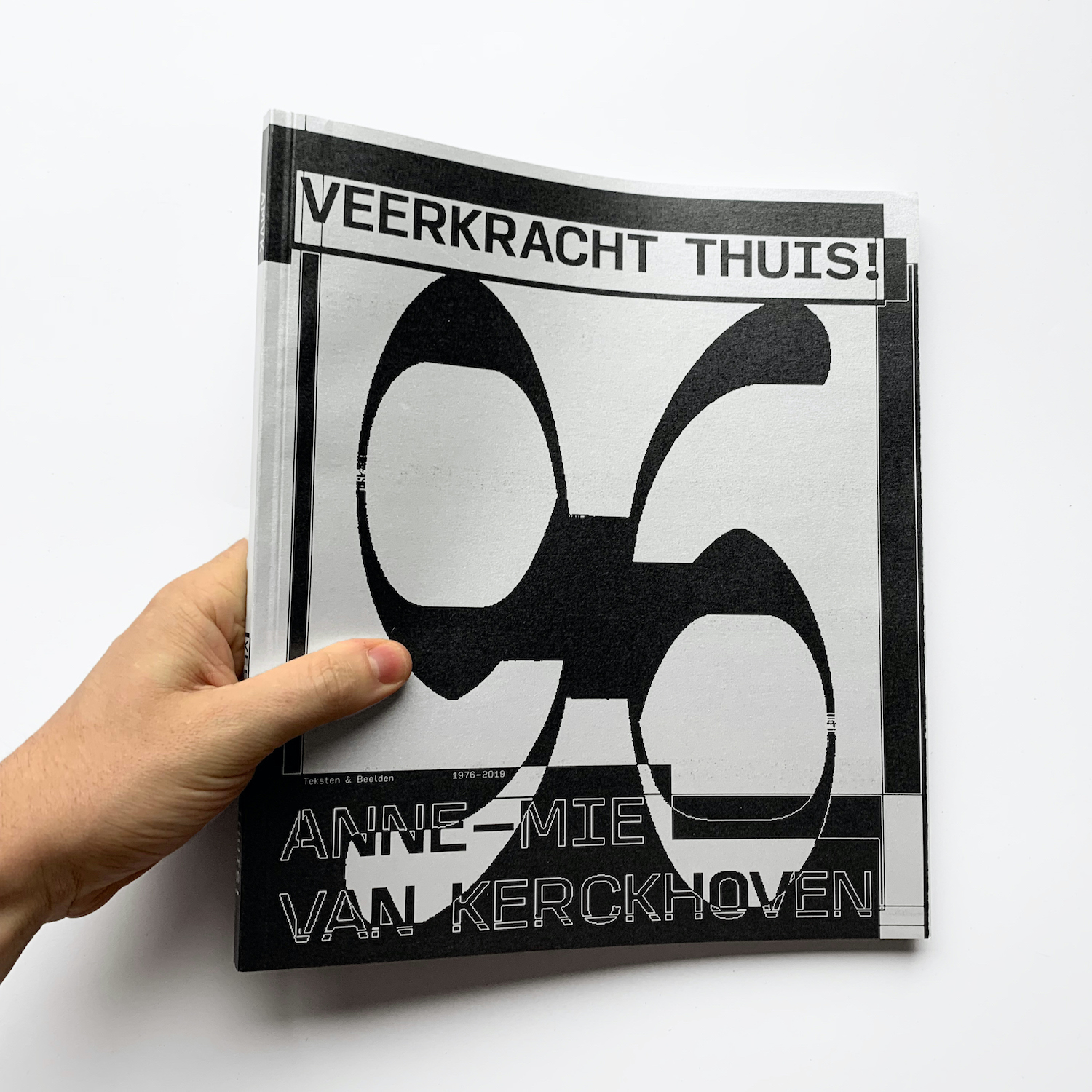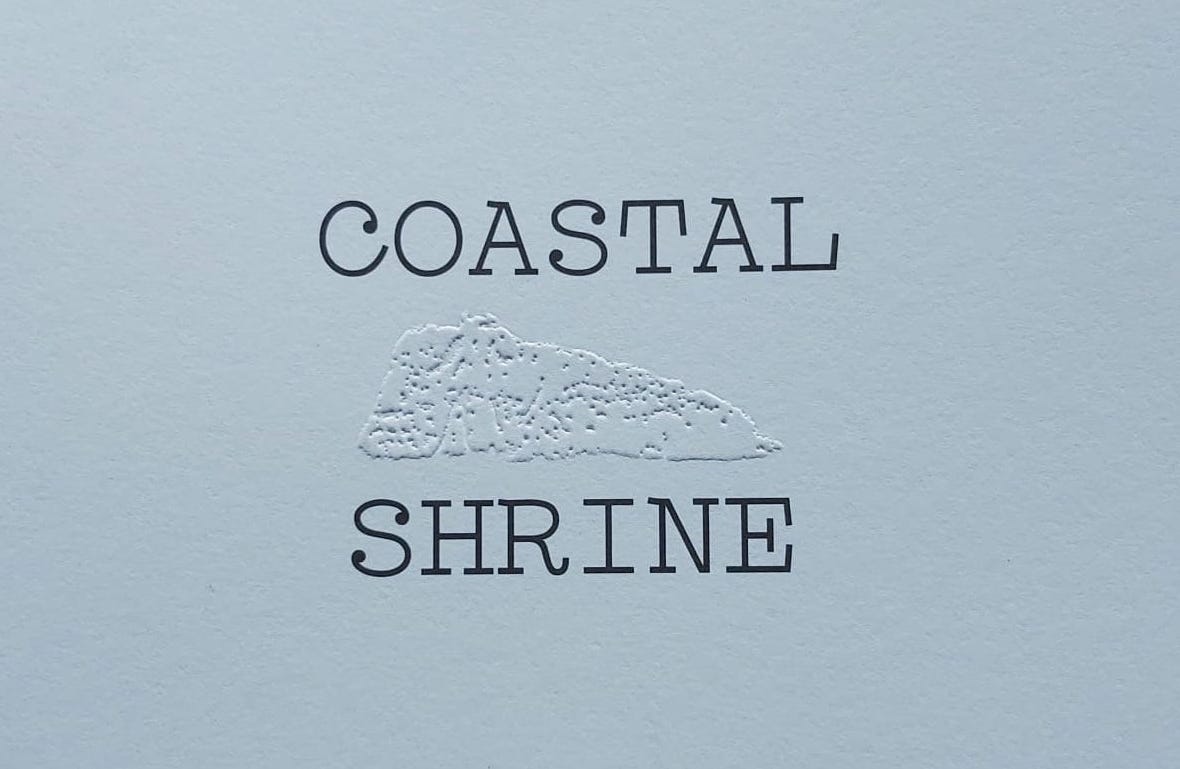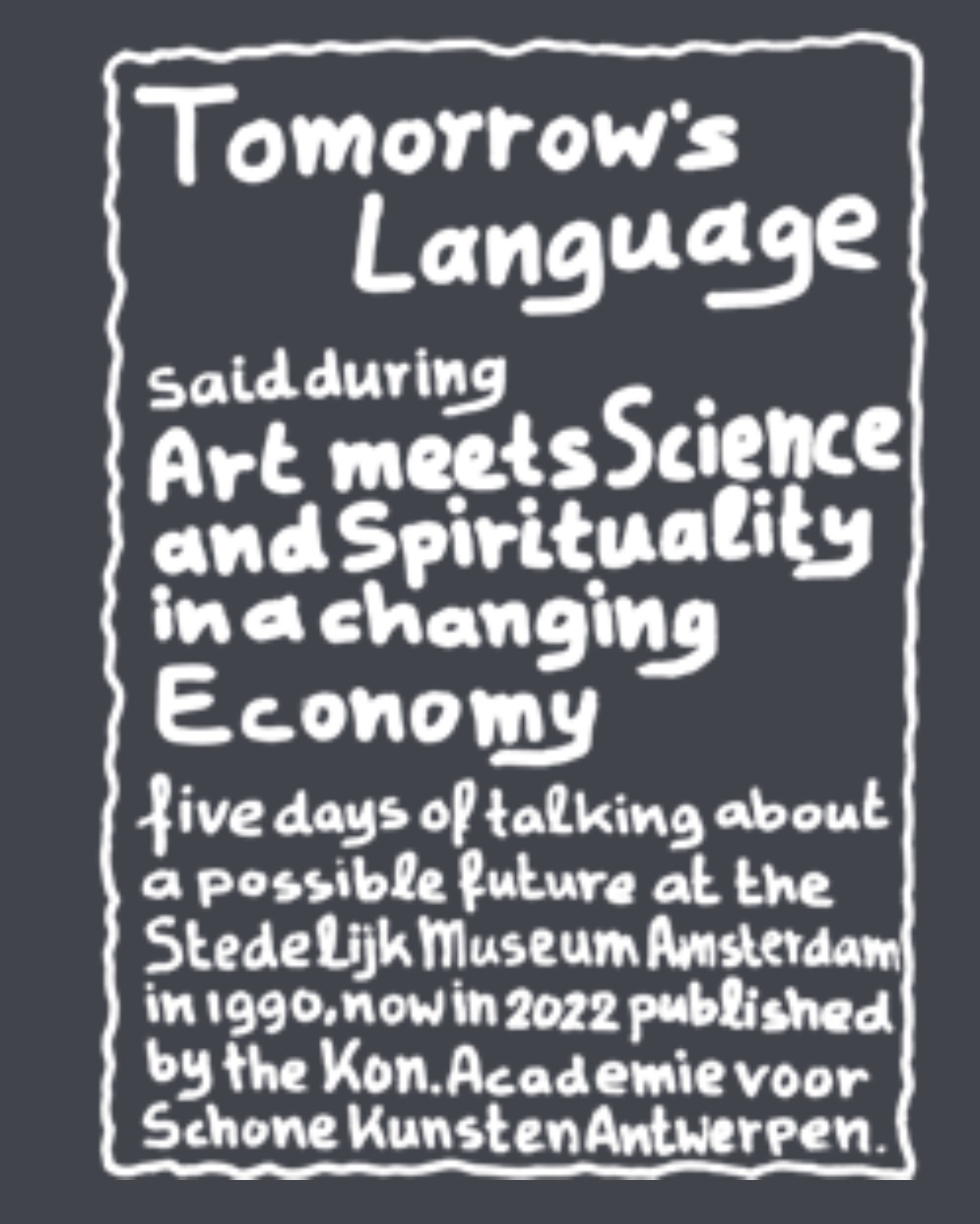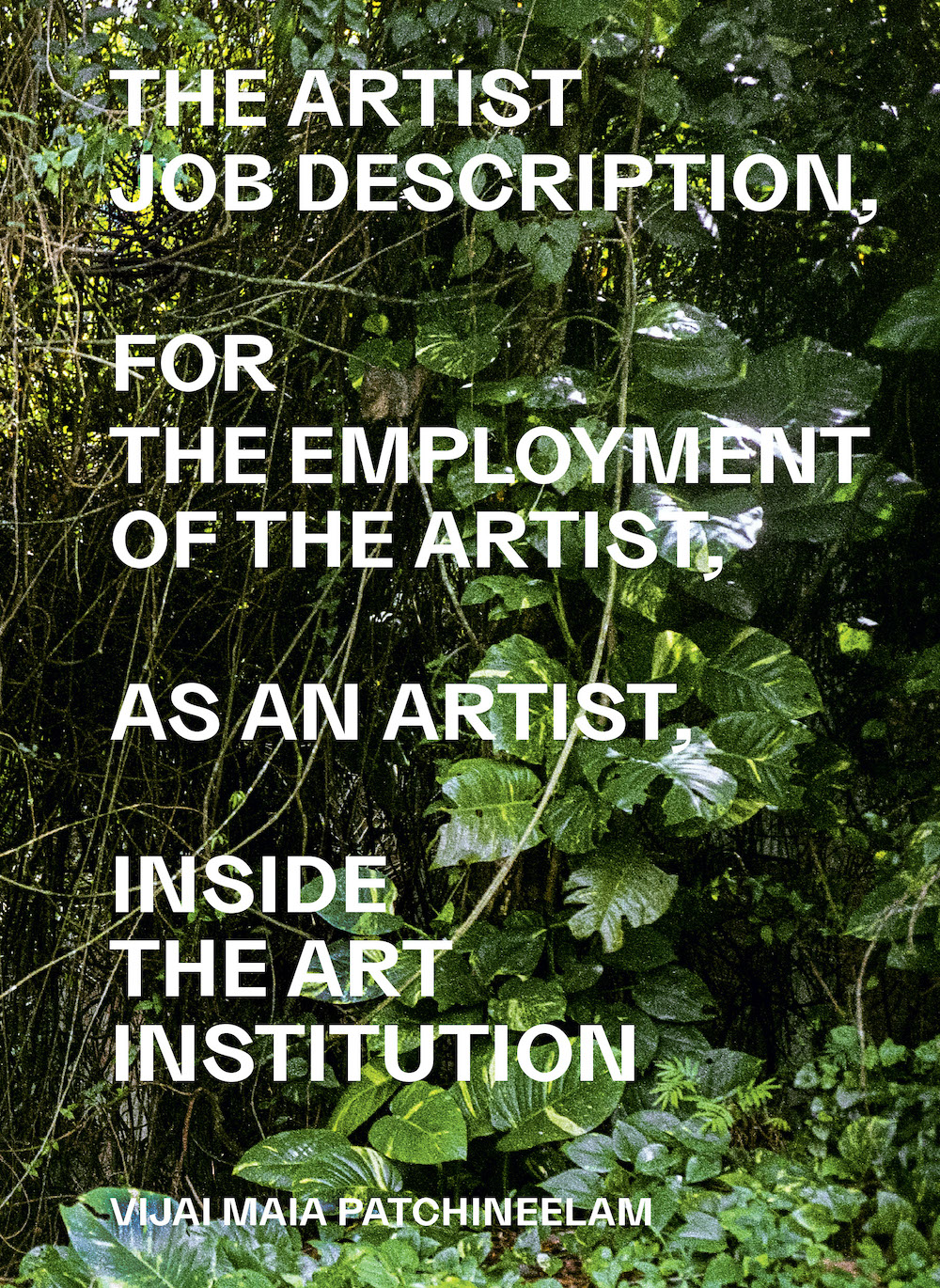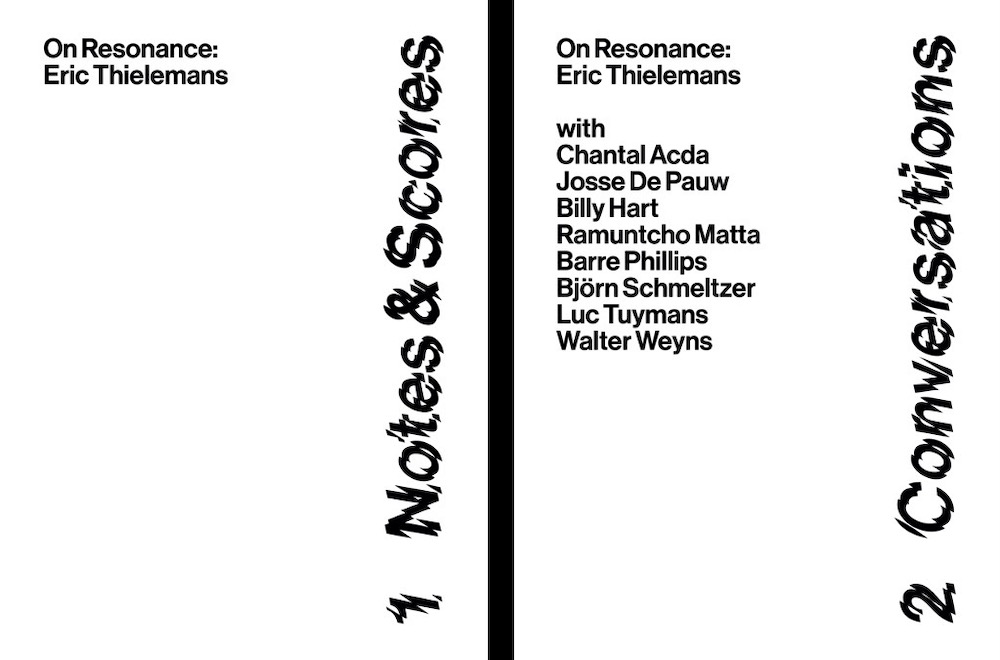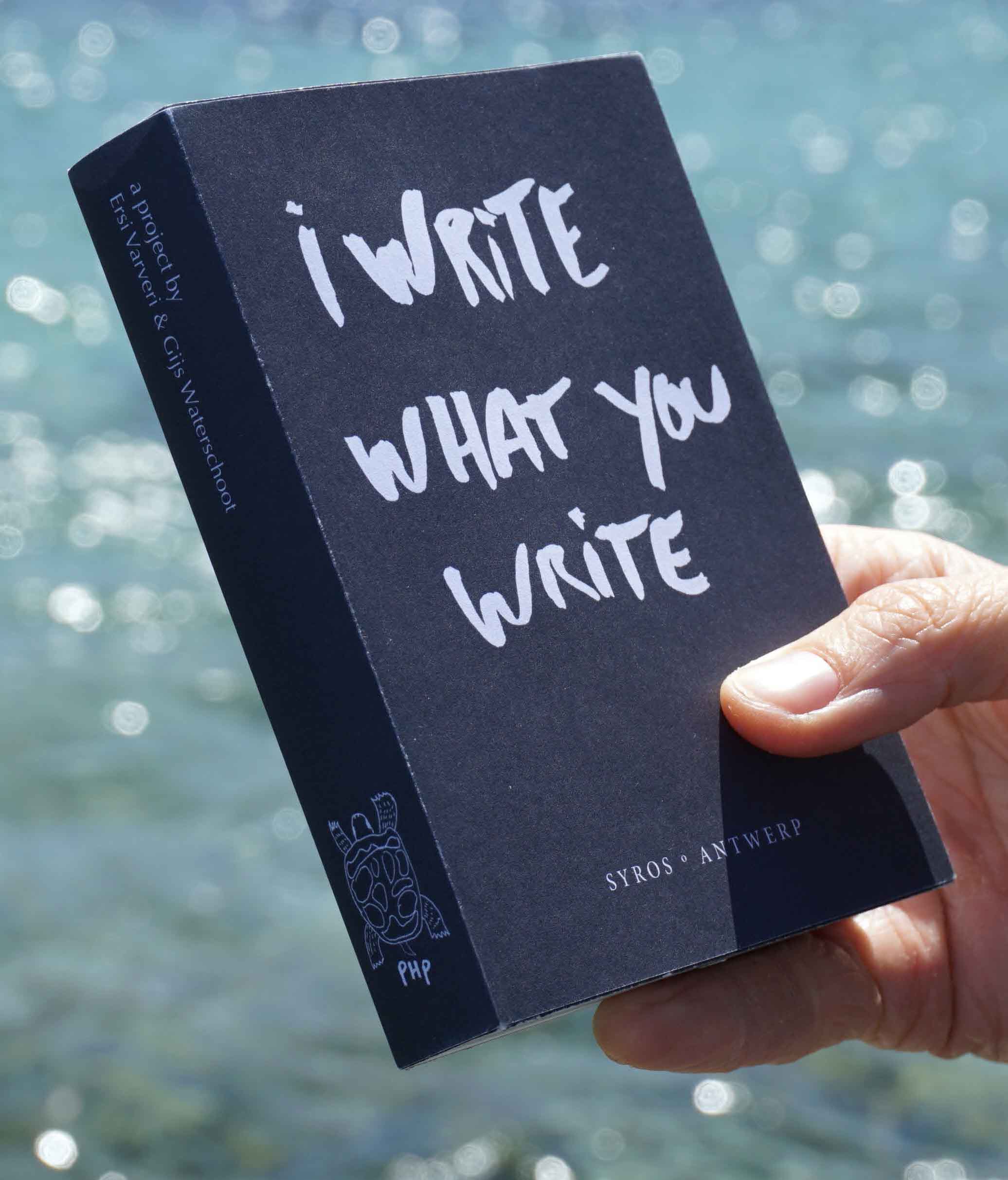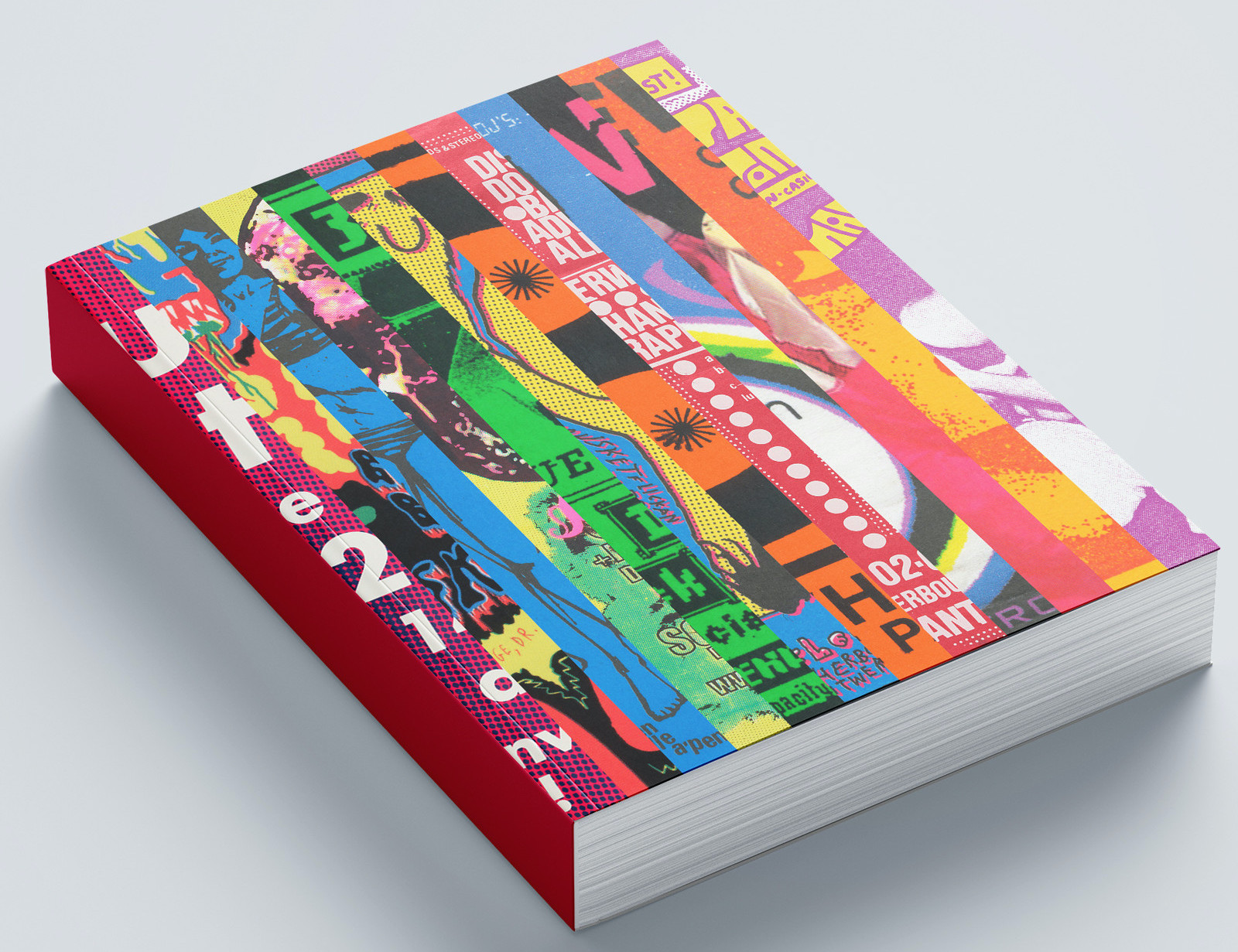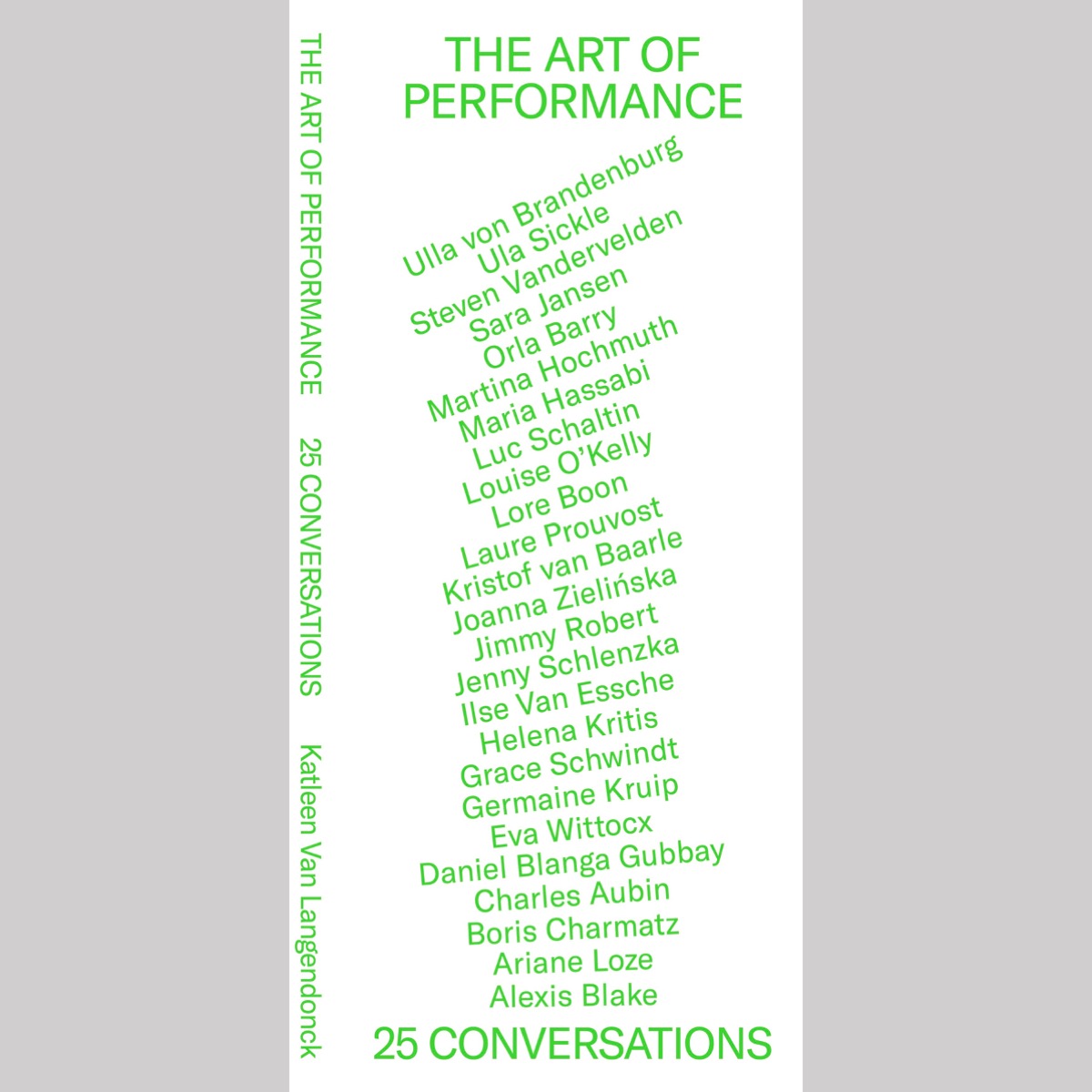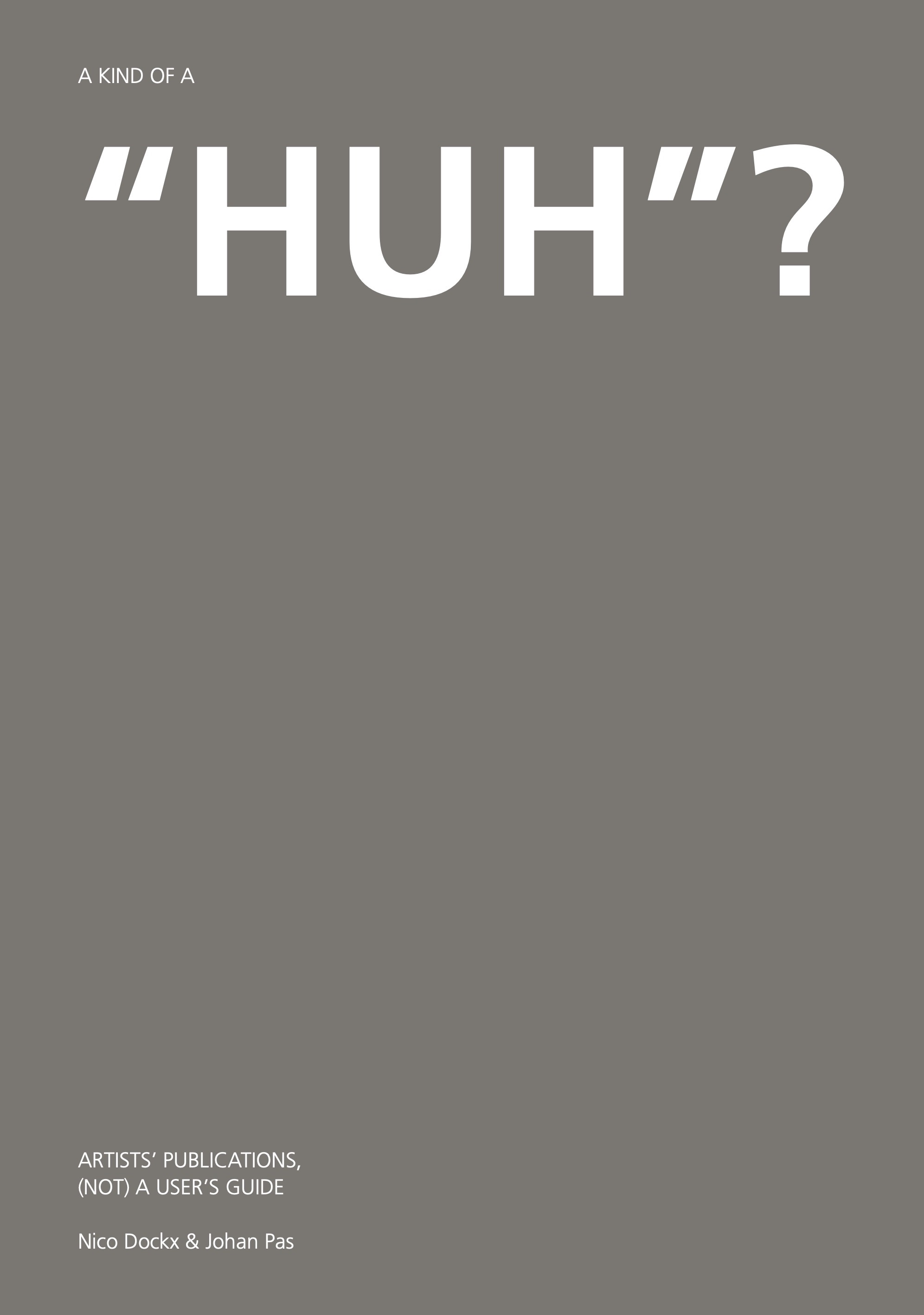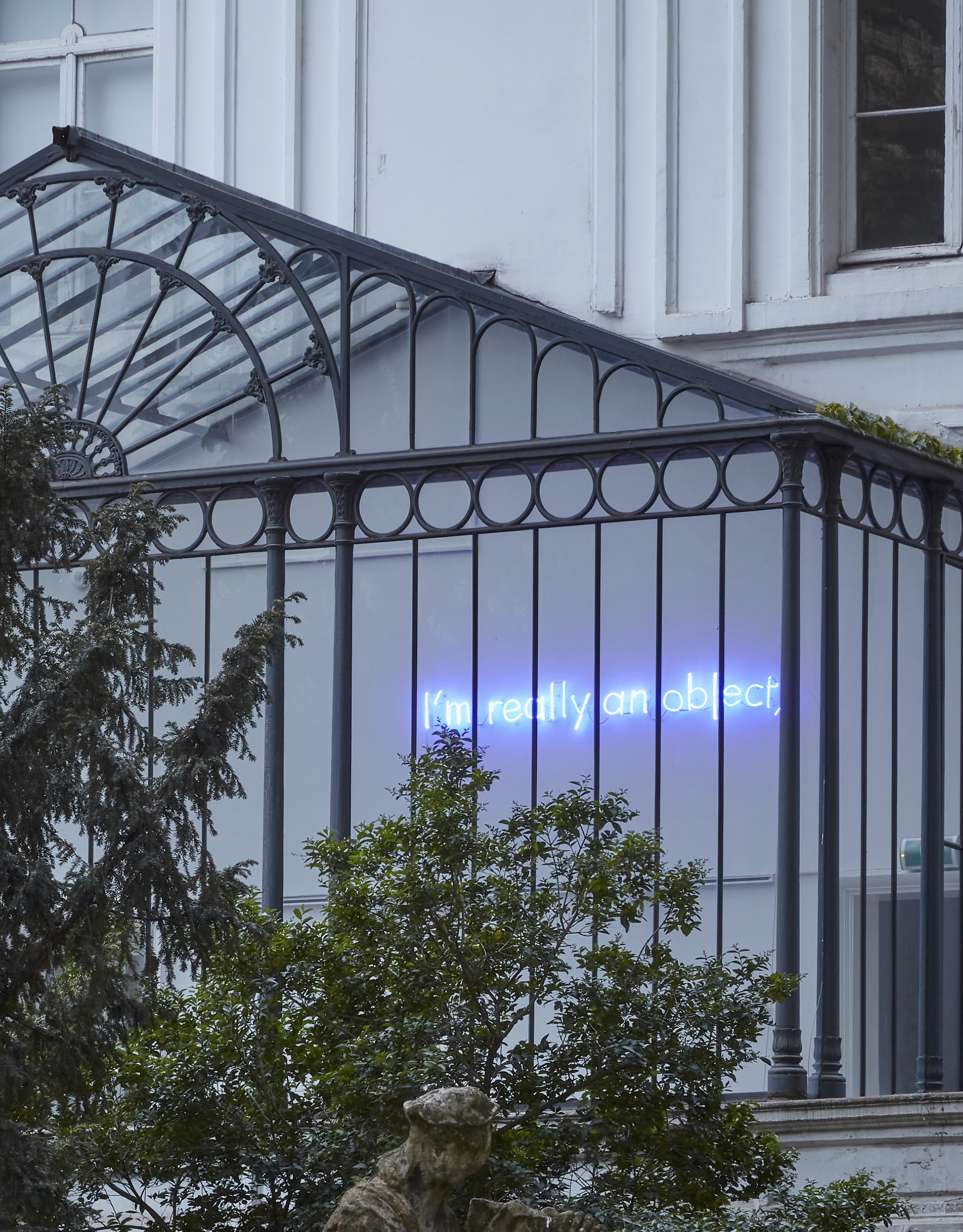
ArchiVolt is a think tank and a research platform centred on the notion of the 'archive' and on the practice of archiving. The central objective of the research group is to 'activate the archive'. Archives not only encourage discourse and reflection, but also action and creation. They are crucial to both academic and artistic practice.
We deliberately understand the word ‘archive’ in a broad sense. ArchiVolt is not only concerned with physical archives of artists. The platform is also focused on the practice of archiving and collecting; on the significance of an archive in the context of alternative organisations, such as artist-run spaces; and on the meaning of the word ‘archive’ in the digital age.
ArchiVolt ambitions to be a forum for colloquia, projects, presentations and publications about the archive and the act of archiving. How an artist looks at his or her own archive (or at that of a colleague) differs greatly from that of an art historian. But both lead to activation: in the form of new work, an archival exhibition, or new publications.
How we use the past today re-determines the place and the face of that past. An archive is usually synonymous with institutionalization and canonization. What is preserved, does have the potential to become history – and what is not preserved does not. Ethical and aesthetic aspects touch each other in the archive.
The platform offers the opportunity to reinvent the archive as a place that invites researchers to reflect on their own practice and to (re)position themselves. Examples of such strategies are wide-ranging, from the classical art catalogue or artist book, over the photobook and the digital archive, up to and including the self-publishing of archival material by artists, and personal ways of activating the archive (performance art). Archives can also establish new collaborations between artists and other researchers: What happens when both engage with the same archive?
Focus: The notion of the 'archive' and on the practice of archiving
Contact: Nico Dockx - nico.dockx@ap.be
(Photo: Louwrien Wijers, 'Tomorrow's Language', photo by Wannes Cré)
